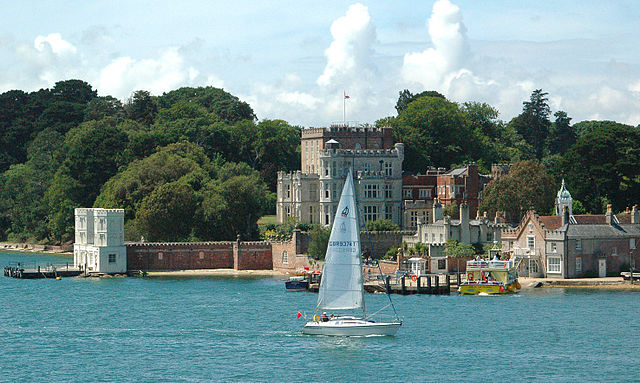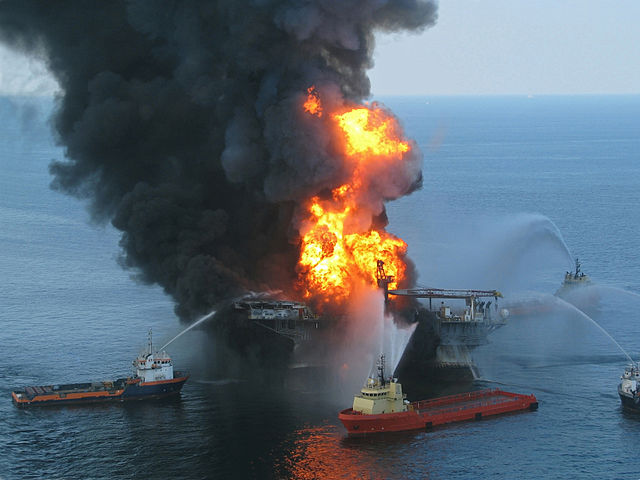Dorset Yacht Co Ltd v Home Office
Home Office v Dorset Yacht Co Ltd [1970] UKHL 2, [1970] AC 1004 is a leading case in English tort law. It is a House of Lords decision on negligence and marked the start of a rapid expansion in the scope of negligence in the United Kingdom by widening the circumstances in which a court was likely to find a duty of care. The case also addressed the liability of government bodies, a person's liability for the acts of third parties that he has facilitated, and liability for omissions.
Dorset Yacht Co Ltd v Home Office
English tort law concerns the compensation for harm to people's rights to health and safety, a clean environment, property, their economic interests, or their reputations. A "tort" is a wrong in civil law, rather than criminal law, that usually requires a payment of money to make up for damage that is caused. Alongside contracts and unjust enrichment, tort law is usually seen as forming one of the three main pillars of the law of obligations.
Tort law concerns civil wrongs, damaging people's rights to health and safety, property, or a clean environment. Most accidents have become strictly regulated, and may require insurance, for workplaces, road accidents, products, or environmental harm such as the Deepwater Horizon oil spill.
19th century regulation limited child labour and working time in factories and mines, but employers were not always liable for accidents until 1937.
Strikers gathering in Tyldesley in the 1926 General Strike in the UK




